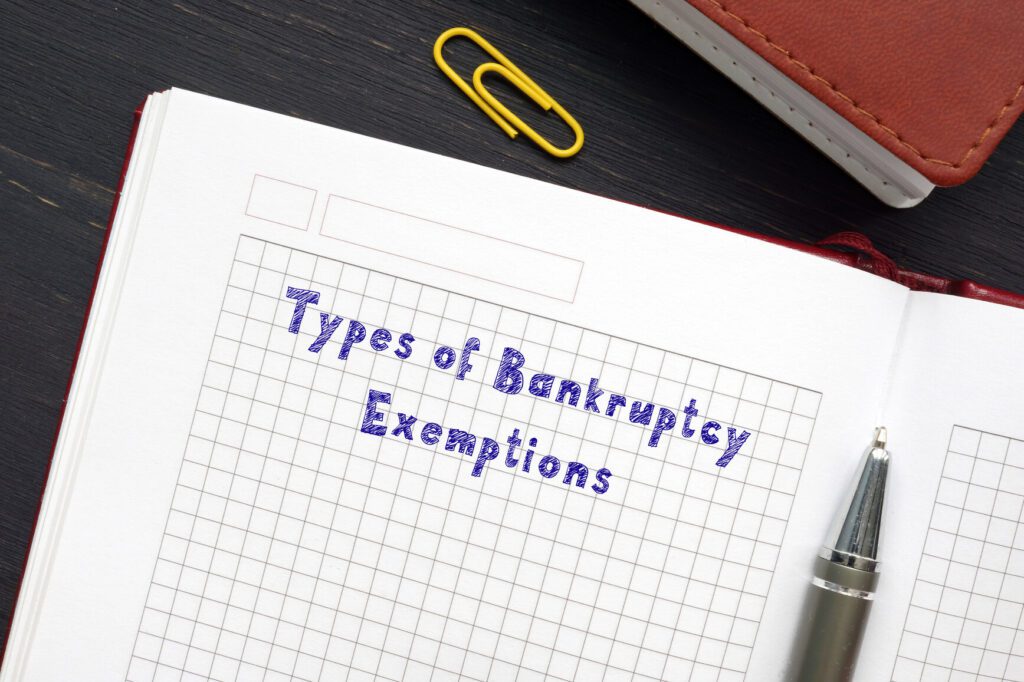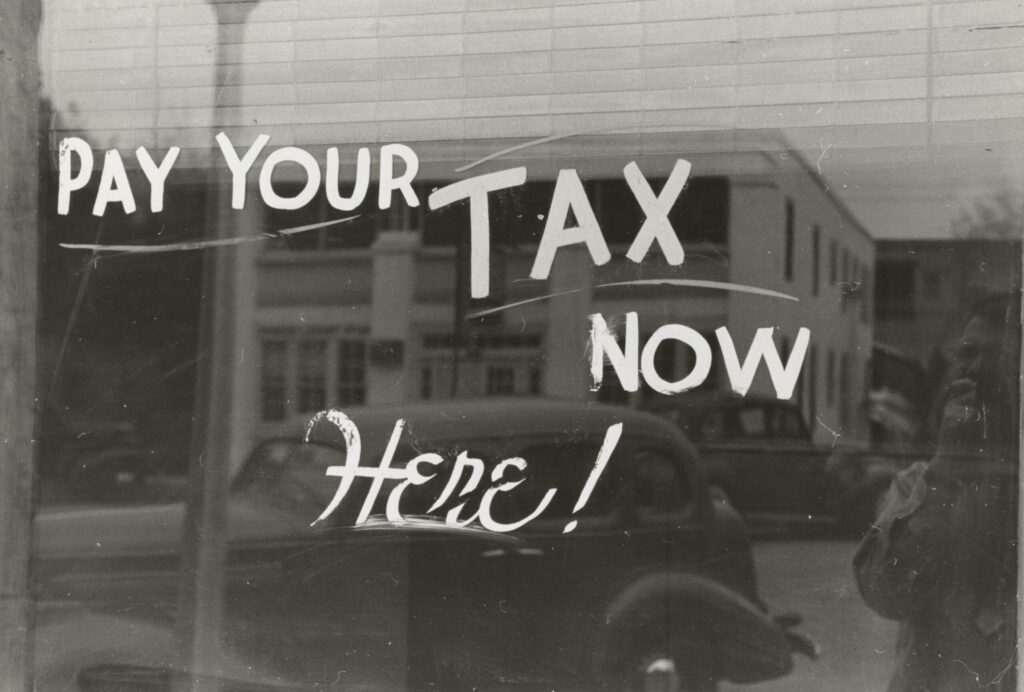Questions around surplus income are very common when Canadians are searching for debt relief solutions, or indeed considering filing bankruptcy. Surplus income is a key factor of the cost of bankruptcy in Canada. Essentially, the more money you make, the more money you will need to pay towards your bankruptcy. Each year, the government lays out surplus income thresholds which are based on net monthly income, by which an individual can have a reasonable standard of living. These thresholds determine exactly how much you would need to pay out in surplus income when filing bankruptcy, and the period of time within which you need to pay them. But how can you have a surplus income when you are considering bankruptcy and cannot cover the expenses you have in the first place? In this article, we explain all you need to know about surplus income in Canada.
What is surplus income?
Surplus income is a calculation established by the government based on household income and the number of people within that household. The Canadian government sets net monthly thresholds for a person or a family to maintain a reasonable standard of living in Canada, as displayed in the table below. How much you have to pay in a bankruptcy, and the time period over which you have to pay, is set by these thresholds. Your Licensed Insolvency Trustee will use these thresholds to determine if you need to make payments into your bankruptcy, and how much this will be. As part of the bankruptcy process, you will need to provide proof of income (including child tax credits, pensions, etc) each month in order for your bankruptcy trustee to ensure the appropriate amount is paid.
Surplus income thresholds in Canada for 2022
Below, we have listed the 2022 monthly income thresholds in Canada as set out by the Office of the Superintendent of Bankruptcy Canada, based on household size. When it comes to filing bankruptcy, every dollar made above the thresholds below incurs a surplus income payment of 50%.
| Size of Household | Income Threshold (2022) |
| 1 | $2,248 |
| 2 | $2,799 |
| 3 | $3,441 |
| 4 | $4,178 |
| 5 | $4,739 |
| 6 | $5,345 |
| 7+ | $5,950 |
How is surplus income calculated in Canada?
Surplus income is defined by the Bankruptcy and Insolvency Act, laid out by the Canadian government. It is different for each and every individual, based on their circumstances and income before an amount is added to your estate. Surplus income is based on the following criteria:
- The monthly net income of you and your household
- The number of dependents in your household
- The amount of deductible expenses you may have, including childcare payments, medical bills, penalties, etc
Surplus income can be variable for instances where you may be off sick and earning less, or if you work any overtime and may therefore be eligible to pay more. It is calculated by simply deducting the threshold from a household’s net income, and multiplying the remainder by 50% to establish the monthly payment that must be made. This monthly payment must be made for the duration of the bankruptcy. Each month, the surplus income will be recalculated, depending on the monthly proof of income that is submitted to your Licensed Insolvency Trustee.
Does surplus income affect how long my bankruptcy will last?
Surplus income has an impact on the total cost of your bankruptcy, as long as how long your bankruptcy will last. If the surplus income payments are not made, you will not be discharged from bankruptcy at all, and will not enjoy life after bankruptcy. Generally speaking, if your surplus income is greater than $200 each month, your bankruptcy will be extended automatically. This is if you are paying your Licensed Insolvency Trustee over $100 each month in surplus income payments. For a first time bankruptcy, you will need to continue paying your surplus income payments for around an additional year, and for a second bankruptcy, this will be for approximately an additional three years. Due to the impact that surplus income can have on bankruptcy, you should discuss your debt relief options with an experienced bankruptcy trustee. They can suggest a bankruptcy alternative like a consumer proposal to lower your payments.
What if my surplus income payments are too expensive?
Surplus income can have a huge impact on the overall cost and length of a bankruptcy. In fact, if you cannot make your surplus income payments, you will not be discharged from bankruptcy at all. It is essential to consider surplus income and the payments you will need to make if you are thinking of filing bankruptcy. Sometimes, the requirement to pay surplus income can be more than some households can afford to pay monthly. This may then lead to your bankruptcy being extended to a longer time frame in order to pay the required amount. A better solution may be to file a consumer proposal instead, which avoids surplus income payments and tailors payments to fit your household budget. By having a free consultation with a Spergel Licensed Insolvency Trustee, we will review your financial circumstances and help you to determine the best form of debt relief for you to ensure you avoid high surplus income payments.
If you are unsure about the implications of surplus income, it is best to speak to a reputable Licensed Insolvency Trustee. They can walk you through surplus income and its consequences on bankruptcy, as well as bankruptcy alternatives that may suit you better. Book a free consultation with Spergel to begin discussing your pathway to financial freedom today.



















